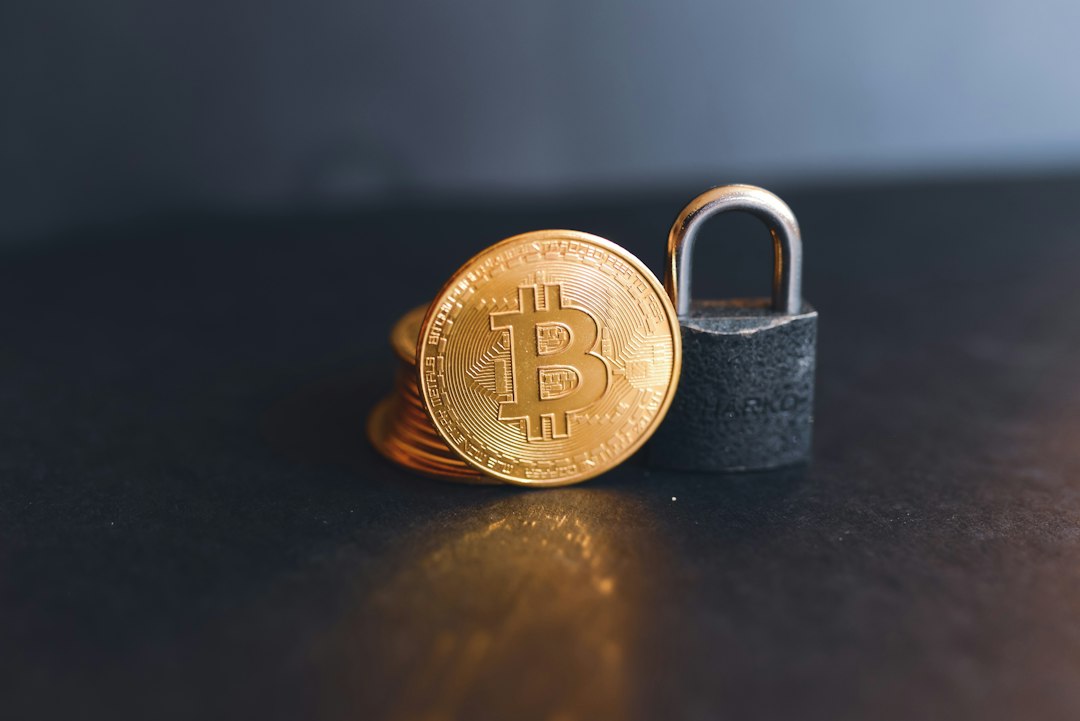Finnish Authorities Trace Monero Transactions in Cybercrime Trial
Finnish authorities have made significant progress in tracking Monero transactions in the ongoing criminal trial of Julius Aleksanteri Kivimäki. Kivimäki is accused of hacking into the database of a mental health firm and demanding ransom payments in cryptocurrencies, highlighting the challenges of dealing with privacy-focused digital currencies.
The Complexity of Crimes Involving Digital Currencies
Kivimäki demanded a ransom of 40 Bitcoins in October 2022, threatening to release patient records if his demands were not met. When investigators did not comply, he targeted individual patients. Despite Monero’s reputation for privacy features, Finnish authorities successfully traced the Monero transactions connected to this case, revealing the complexities involved in tracking digital currencies.
Tracing the Crypto Trail
Investigators discovered that Kivimäki received payments in Bitcoin and transferred them to an exchange without adhering to KYC guidelines. He then converted these funds to Monero and moved them to a dedicated wallet. Interestingly, the funds were later transferred to Binance, converted back to Bitcoin, and distributed to various wallets. However, specific details of the on-chain analysis remain confidential.
The Challenges of Privacy-Focused Cryptocurrencies
This case highlights the difficulties faced by law enforcement in tracking transactions involving privacy-focused cryptocurrencies like Monero, which aim to be untraceable and anonymous. The ability to follow the crypto trail in this instance is significant and could set a precedent for future investigations involving privacy coins.
The Evolving Landscape of Cybercrime
Julius Aleksanteri Kivimäki’s trial reflects the changing nature of cybercrime, where digital currencies play a central role. Law enforcement agencies are continuously adapting and responding to these challenges. The implications of this trial extend beyond the immediate case, touching on broader issues of cryptocurrency regulation, privacy, and the balance between individual freedoms and the need for security and law enforcement efficacy.
Hot Take: Finnish Authorities Make Strides in Tracing Monero Transactions
Finnish authorities have achieved a significant breakthrough in tracking Monero transactions in the Julius Aleksanteri Kivimäki trial. This development sheds light on the complexities of investigating crimes involving privacy-focused digital currencies. It demonstrates that law enforcement agencies can overcome the challenges posed by these cryptocurrencies and sets a precedent for future investigations. As cybercrime continues to evolve, it is crucial for authorities to adapt and respond effectively to ensure both security and individual freedoms are protected in the digital realm.





 By
By
 By
By
 By
By
 By
By
 By
By